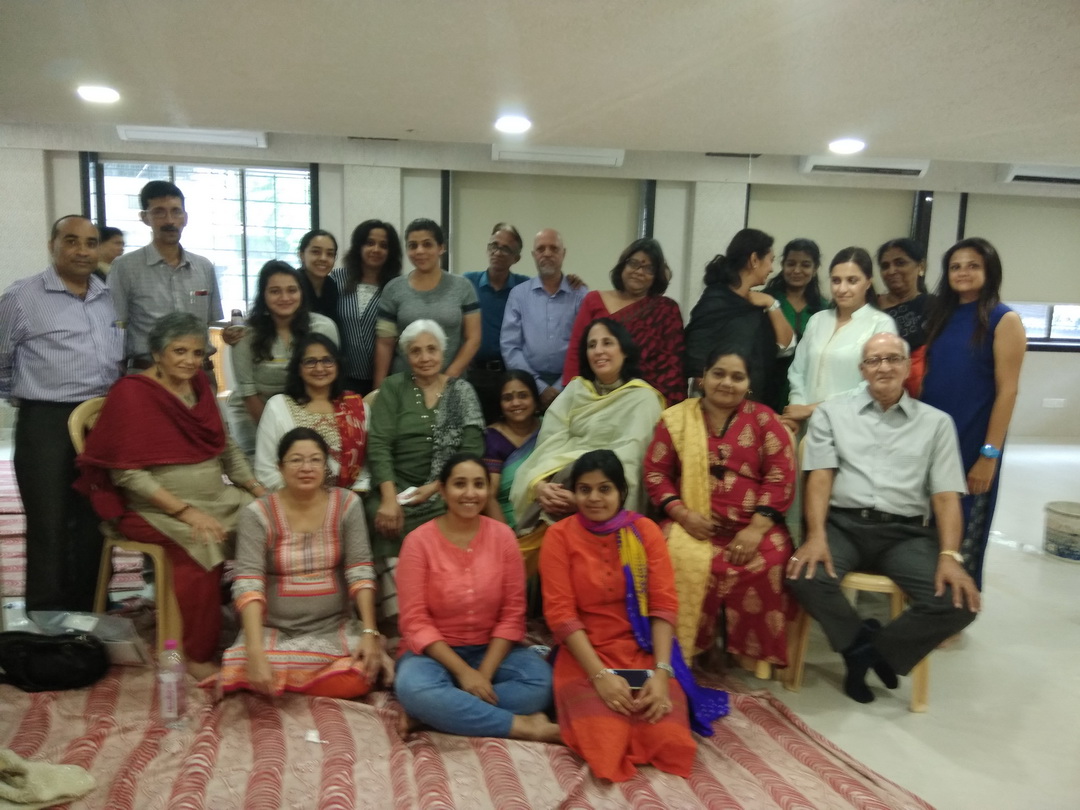HealBy Sandra Yu
Female genital cutting (FGC) is an often overlooked issue in medical curriculums, and medical care for survivors is rarely a topic of discussion. As part of the 16 Days of Activism against gender-based violence, Sahiyo is hosting a webinar to inform individuals about the necessity for trauma-informed care for survivors of female genital cutting.
Join Sahiyo for “FGC In the Clinic: A Dialogue between Survivors and Healthcare Professionals” at 6 p.m. EST on Tuesday, December 8th. This panel discussion aims to gather the perspectives of clinicians and survivors as they discuss their in-clinic experiences. Renee Bergstrom, EdD, and Sarata Kande will be speaking about their experiences in connection to receiving medical care related to FGC. Karen McDonnell, PhD, Dr. Margaret Dow, and Dr. Deborah Ottenheimer will respond and discuss the current state of healthcare for survivors of gender-based violence. Mariam Sabir, a fourth-year medical student, will speak about her advocacy for supporting survivors in healthcare settings. Zahra Qaiyumi and Sandra Yu will moderate.
Renee Bergstrom, EdD works toward ending female genital mutilation/cutting (FGM/C) by sharing her survivor story as a white, Midwest American. She is a retired patient educator who now focuses her energy on the art of weaving.
Sarata Kande is a student, entrepreneur and youth advocate for inter-African committee. She is a survivor of FGC and loves to share her story. She dedicates her time as an advocate and an interpreter.
Margaret Dow, MD is a laborist at Mayo clinic, where she serves as Clerkship Director. She works with medical students, peers, and the community in education and advocacy for survivors of FGM/C and in trauma-informed care practices, as well as practices that promote equity in healthcare.
Deborah Ottenheimer, MD is the Director of the Women’s Holistic Health Initiative at Harlem United/ URAM, Nest Community Health Center where she is focused on immigrant health as well as the development and implementation of a multispecialty medical service for women and girls affected by FGM/C. In addition to her clinical practice, Dr. Ottenheimer spends a significant portion of her professional time assisting asylum-seeking women who have suffered human rights violations. Dr. Ottenheimer is an active member of Physicians for Human Rights, and serves as faculty at the Human Rights Program at the Icahn School of Medicine at Mount Sinai, the Weill Cornell Clinic for Human Rights, and the CUNY School of Medicine Human Rights Collaborative aiding survivors Gender Based Violence, including female genital cutting, domestic violence, sexual violence and human trafficking in their applications for asylum. She has published and lectured extensively on human rights violations against women, with a focus on FGC. She has also worked in Haiti, Rwanda, and Democratic Republic of Congo, helping to improve the health and lives of women in low resource settings.
Karen McDonnell, PhD is a public health program evaluation and implementation specialist with over 15 years of experience working with community groups, public health agencies, and health care systems both locally and globally to ensure the health and well-being of women and children. McDonnell’s expertise lies in using mixed methods to look at complex public health issues and programs. Her most recent work is leading a team to evaluate gender-based violence in immigrant communities, development, and testing of a community-centered FGM/C prevention project, evaluating the National Domestic Violence Hotline/loveisrespect Helpline and evaluating multi-systems changes in the Clinical Translational Science Institute with Children’s National and The George Washington University.
Mariam Sabir is a fourth-year medical school student at the American University of the Caribbean. She aspires to become a family physician that provides comprehensive care. She became an avid Sahiyo supporter when she discovered how prevalent female genital cutting is, particularly in her very own community. While rotating through different fields of medicine such as obstetrics and gynecology, psychiatry, pediatrics and family medicine, she discovered her passion for educating health care professionals on how to provide culturally sensitive care for women who have undergone FGC.
Zahra Qaiyumi completed her undergraduate education at The University of Maryland, studying physiology, neurobiology, and Spanish. Afterward, she pursued a Master’s degree in Physiology at Georgetown University. She then moved to the Bay Area and participated in neurobehavioral research while working with adolescents diagnosed with ADHD at the University of California San Francisco’s Neuroscape Center. Currently, she is in her third year of medical school at the Frank H. Netter M.D. School of Medicine at Quinnipiac University.
Sandra Yu is an undergraduate student at Vassar College studying biochemistry and philosophy. She is interested in public health policy and expanding womens’ healthcare access in underserved populations. She was drawn by Sahiyo’s mission to end FGM/C through powerful storytelling, and she hopes to contribute to Sahiyo’s platform to grow and empower the community.
Register here: bit.ly/addressing-fgc-in-the-clinic
Facebook updates: https://fb.me/e/3QaNwkvWE






